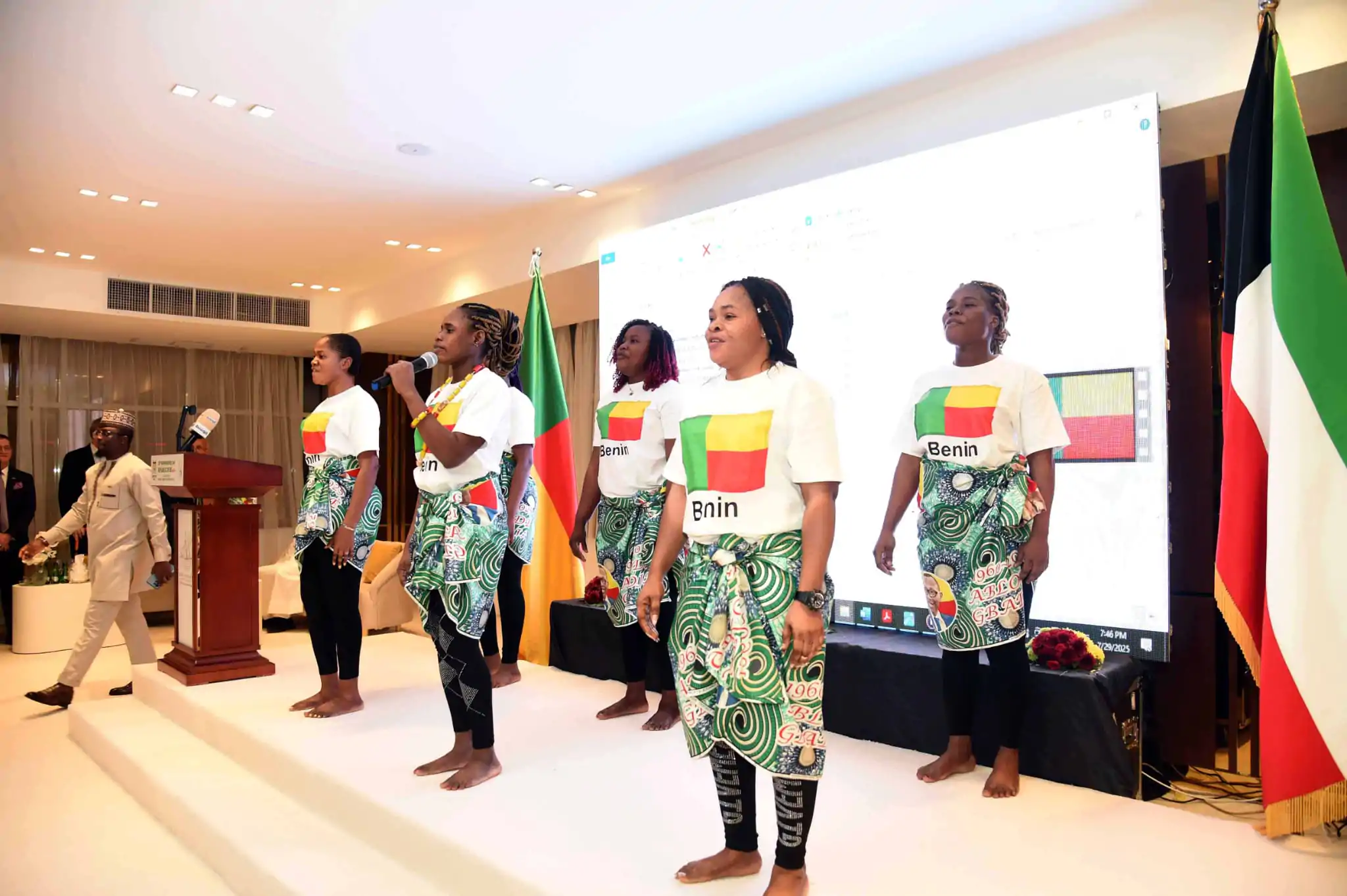
Benin is set to celebrate the 64th anniversary of its independence on August 1, 2025, with commemorations highlighting both historical legacy and a strong message of regional cooperation amid shifting geopolitical dynamics in West Africa.
Independence was first proclaimed in 1960, when the nation, then known as the Republic of Dahomey, broke free from French colonial rule.
The date remains a cornerstone in the country’s postcolonial journey, symbolizing the birth of modern Benin and the emergence of a new political identity in West Africa.
This year’s festivities, to be held in the capital Cotonou, come under the leadership of President Patrice Talon and are expected to feature an unprecedented display of regional solidarity. According to government sources, troops from neighboring Niger and Burkina Faso—both members of the Alliance of Sahel States (ESA)—will take part in the military parade.
Their presence is a significant gesture, especially in light of the ongoing diplomatic tensions involving the Economic Community of West African States (ECOWAS), from which Niger’s transitional authorities broke away in 2023.
“This symbolic gesture aims to affirm Benin’s anchoring in a dynamic of regional dialogue,” officials stated, reflecting the country’s intent to strengthen ties with key Sahelian partners. The move also signals Benin’s strategic positioning in an increasingly fragmented regional landscape, where questions of sovereignty, security, and diplomacy are more pressing than ever.
The national holiday also pays homage to the country’s first president, Hubert Maga, who led Dahomey following its independence. Since then, Benin has navigated multiple political transitions and is now widely recognized as one of the most stable democracies in the region.
This year’s independence celebration thus holds deeper significance—not only as a remembrance of the past, but as a moment for Benin to reaffirm its regional role and future direction in a rapidly changing West African context.



